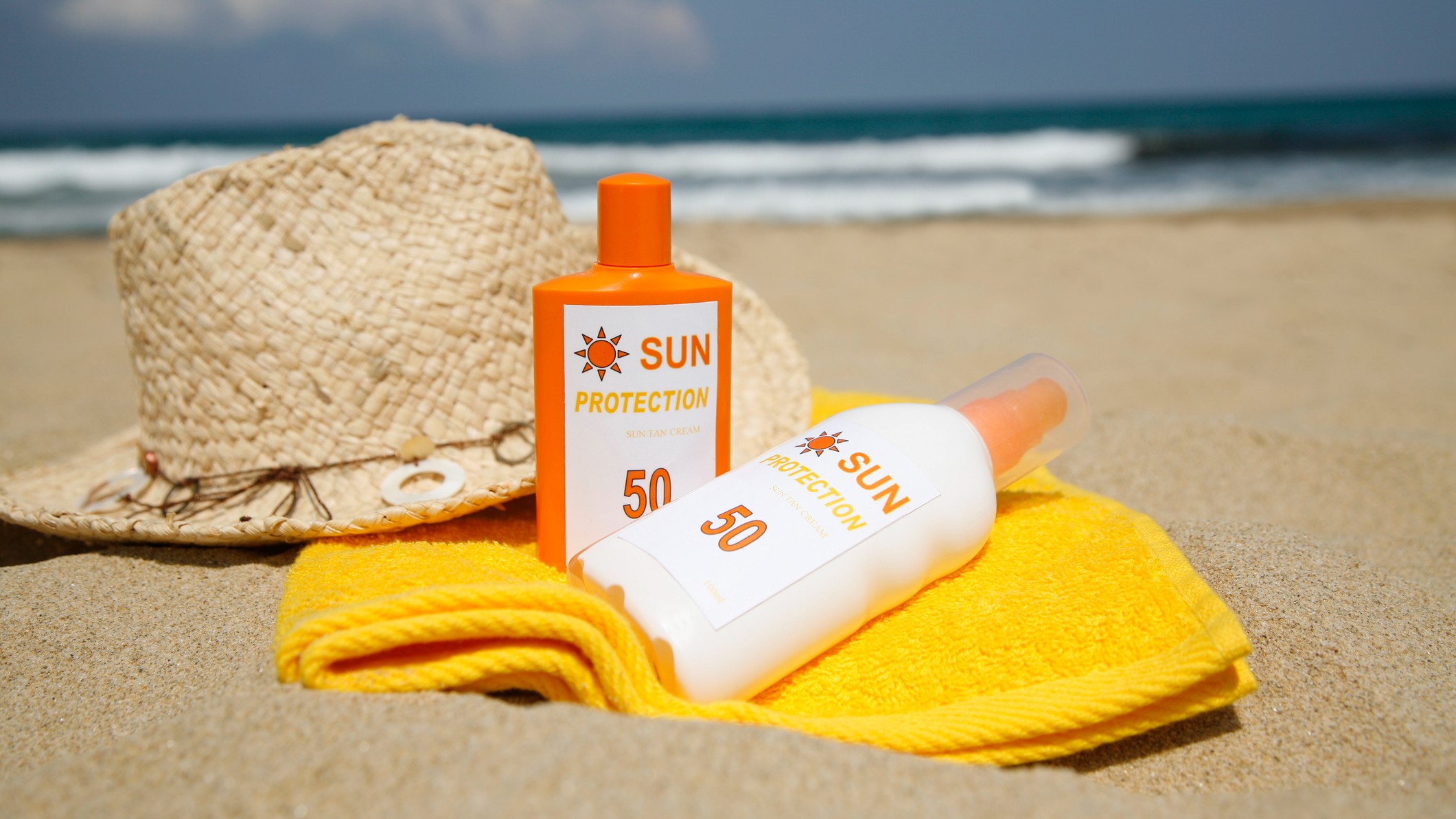
Sunscreen has long been seen as an invaluable way of protecting ourselves against cancer by blocking harmful UV rays, but recent debates have raised the question: does sunblock cause cancer? yet recent reports indicate certain ingredients found in sunscreen may actually increase cancer risks – prompting many individuals to question if using certain brands could actually make us sicker.
Studies Have Demonstrated Sunscreen Protection’s Benefits Against Skin Cancer
The American Academy of Dermatology has long recognized the efficacy of sunscreen against both basal cell carcinoma and squamous cell carcinoma, supported by studies from The University of Rochester Cancer Center yet some still question, does sunblock cause cancer? Regular application helps lower risk by blocking UV radiation which both directly damages cells while altering them gradually over time.
Melanoma, the deadliest form of skin cancer, has long been linked with exposure to UV radiation. Studies indicate that broad spectrum sunscreens with an SPF 30 rating or greater significantly reduce your risk. Furthermore, wearing protective clothing during peak sun hours and seeking shade are effective means for combatting melanomas.
Sunscreen Ingredients
Chemical or Mineral Sunscreen ingredients can generally be divided into two broad categories; chemical filters like oxybenzone, avobenzone, octocrylene and homosalate fall under one of these headings while mineral filters such as zinc oxide or titanium dioxide provide UV radiation blocking protection. Chemical sunscreen absorbs UV radiation while mineral filters reflect it away; both types have been approved by the FDA as safe options for sun protection.
Chemical filters have recently generated significant concerns due to their potential risk of penetrating skin tissue and causing harmful health repercussions, leading some to ask, does sunblock cause cancer?
Controversial Topic
Do Chemical Sunscreens Cause Cancer? Those arguing whether chemical sunscreens cause cancer may point to two ingredients found in sunscreen such as oxybenzone and octocrylene as potential cancer-inducers, yet research shows otherwise: NASA scientists conducting spaceflight versus lab research conducted on it have not seen an increase in cancer risks with using it as part of spaceflight environments versus laboratory environments as proof against its cause of increased cancer risks due to increased use.
Oxybenzone
Studies indicate that oxybenzone can be absorbed through skin and blood circulation systems, raising concerns that its use might impact hormones; however, neither FDA nor health organizations such as Skin Cancer Foundation support any evidence linking its usage with cancer development despite decades of wide usage with no correlational reports emerging for correlation.
Octocrylene
Concern was expressed following a 2021 study which suggested octocrylene could break down into benzophenone – an animal cancer-linked chemical linked with human consumption – when broken down during its use as sunscreen product formulation. While this caused alarm among some individuals and government bodies, more studies must still be completed in order to ascertain any long-term impacts it might have on human health; currently however, government bodies approve current amounts used.
Absorption into Bloodstream
Harmful? A recent FDA study indicates that sunscreen ingredients like oxybenzone and avobenzone, can enter your system when applied directly on skin; but their presence doesn’t automatically translate to harm done to you.
What Is Mineral Sunscreens?
For individuals concerned with chemical sunscreen ingredients, mineral sunscreens provide another safe option – zinc oxide and titanium dioxide are two primary components that don’t penetrate skin but rather lie atop, making these ideal solutions for sensitive skin or those worried about chemicals being absorbed through skin absorption. Health organizations such as FDA have long advocated their safety.
Sunscreen and Vitamin D Deficiency
A prominent topic regarding sunscreen concerns its relationship to vitamin D deficiency. Since sunscreen blocks UVB rays that our bodies require for producing vitamin D, too much could potentially reduce levels of this essential nutrient; however studies show otherwise; most people don’t apply enough sun protection to block out all UVB rays entirely and even small exposure amounts should suffice in maintaining optimal levels.
Vitamin D can also be obtained easily via food sources like fortified cereals and fish oil supplements – providing an easier alternative than basking in direct sunlight for too much of an extended time period.
Conclusion: Does Sunscreen Cause Cancer?
Despite some claims to the contrary, evidence shows that chemical sunscreens such as oxybenzone and octocrylene do not pose health risks when used effectively as part of a skin cancer prevention strategy, challenging the question: does sunblock cause cancer? Although government organizations and dermatologists continue to keep an eye on any concerns related to them; their benefits outweigh potential risks when considering decreasing skin cancer risks.
Mineral sunscreens provide comparable protection, without readily being absorbed into your system, making them great choices if chemical sunscreens cause you any concerns. Regular sunblock use to lower skin cancer risks and delay premature aging is central to prevention and delay strategies.
Consider these guidelines if ingredient safety is of paramount concern:
Select a broad-spectrum sunscreen with at least an SPF 30 rating; mineral products containing zinc oxide or titanium dioxide could provide added comfort if chemicals cause allergic reactions in you.
Apply sunscreen generously and reapply it at least every two hours, especially after swimming or profusely sweating, especially after sweating heavily or swimming. Reapply more frequently if either activity increases sweat production significantly, as proper use is key when addressing concerns like does sunblock cause cancer?
Effective Treatment for Cancer Skin Peeling at Wall Dermatology
Protect your skin today with Wall Dermatology’s expert care. If you’re dealing with cancer skin peeling, our specialists provide personalized treatments for healing and prevention. Contact us now!
